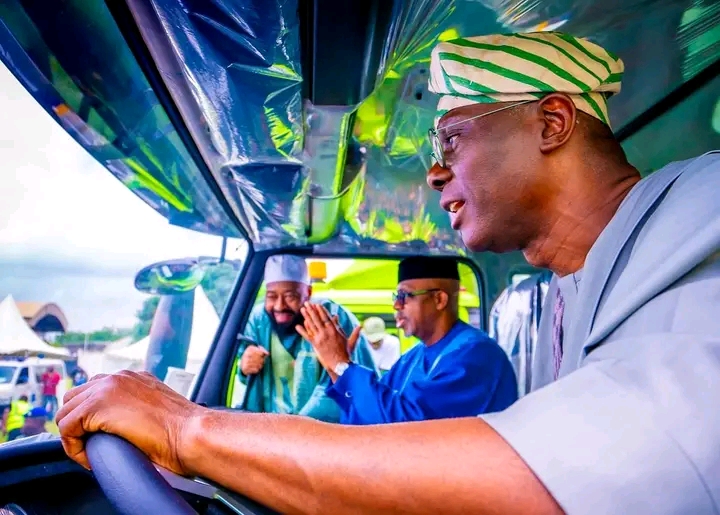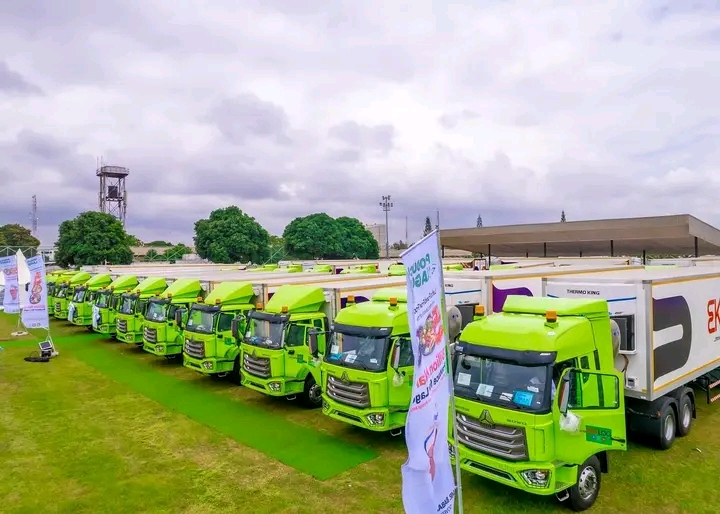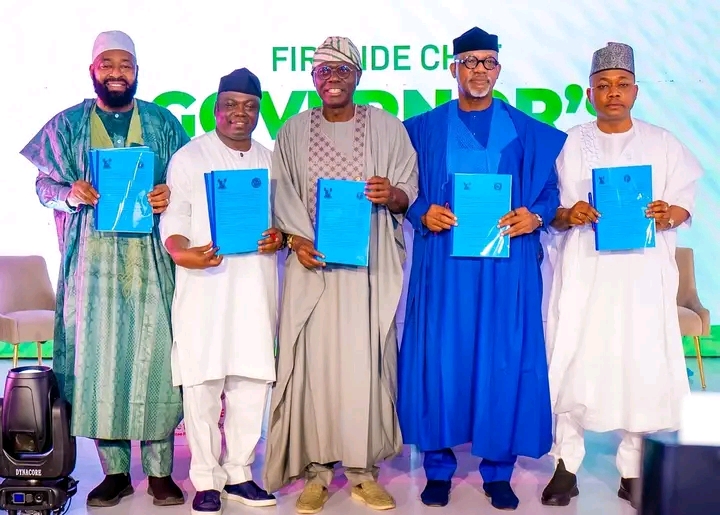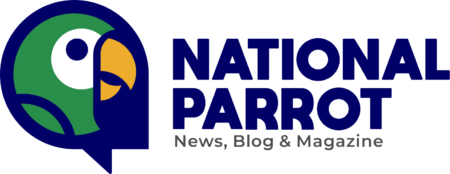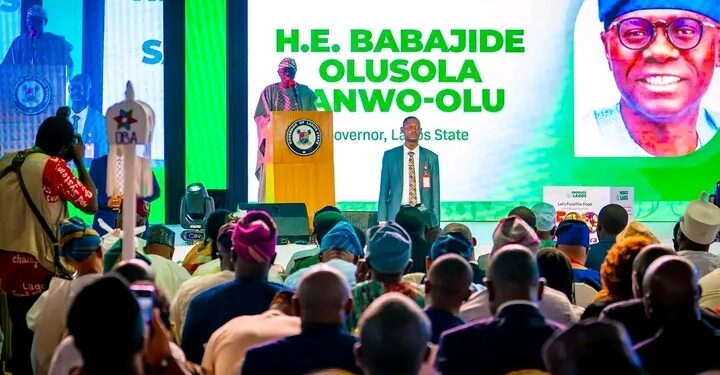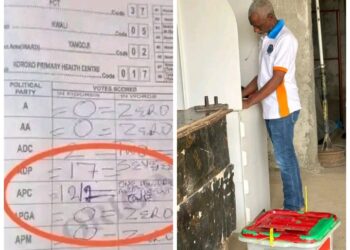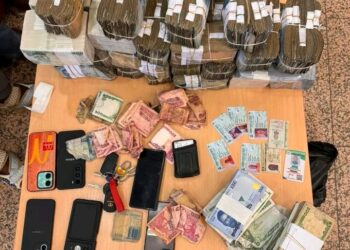LAGOS — In a bid to reshape Lagos’ food landscape and reduce dependence on external supply chains, Governor Babajide Sanwo-Olu on Wednesday launched the Produce for Lagos initiative, backed by a ₦500 billion Offtake Guarantee Fund aimed at strengthening agricultural production and distribution across the state.
Speaking at the launch, Sanwo-Olu described the programme as “a concrete step to make Lagos, and Nigeria as a whole, more food secure, more self-reliant, and better positioned to grow our agricultural sector in a real, lasting way.”
He noted that Lagos remains the largest food market in the country, consuming more than half of the food traded in the South-West and boasting a food economy estimated at over ₦16 trillion.
“That’s huge,” the governor said, “and it tells us two things: the demand is there, and the opportunity to build a strong, local supply chain is there too.”
At the heart of the initiative is a strategy to link local farmers directly to the Lagos market through guaranteed offtake, improved access to finance, and logistical support.
“It is about growing food, creating jobs, cutting waste, and helping more people earn a living from agriculture,” Sanwo-Olu explained.
The state government is executing the programme in partnership with the private sector. It is being implemented by the Lagos Food Systems Infrastructure Company, in collaboration with the Lagos Bulk Trading Company, Ekolog, and the Produce for Lagos Fund.
To bolster logistics, the governor announced the rollout of a fleet of 150 cold and dry trucks—the largest of its kind in Nigeria—to facilitate safe and reliable food transport across the state.
He said the ₦500 billion fund is targeted at attracting private capital, mitigating risks, and providing real financing options for stakeholders across the value chain, including traders, farmers, and transporters.
“Good policy is important,” Sanwo-Olu said, “but we also know it takes actual funding and strong follow-through to make a real impact.”
Calling on stakeholders to support the initiative, he added: “I am inviting our partners, other state governments, investors, banks, development agencies, and everyone in the value chain to come on board. Let us work together to feed Lagos and build a food system that truly lasts.”
